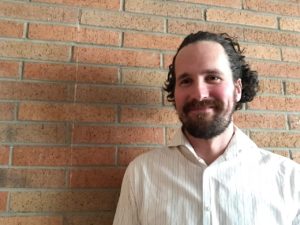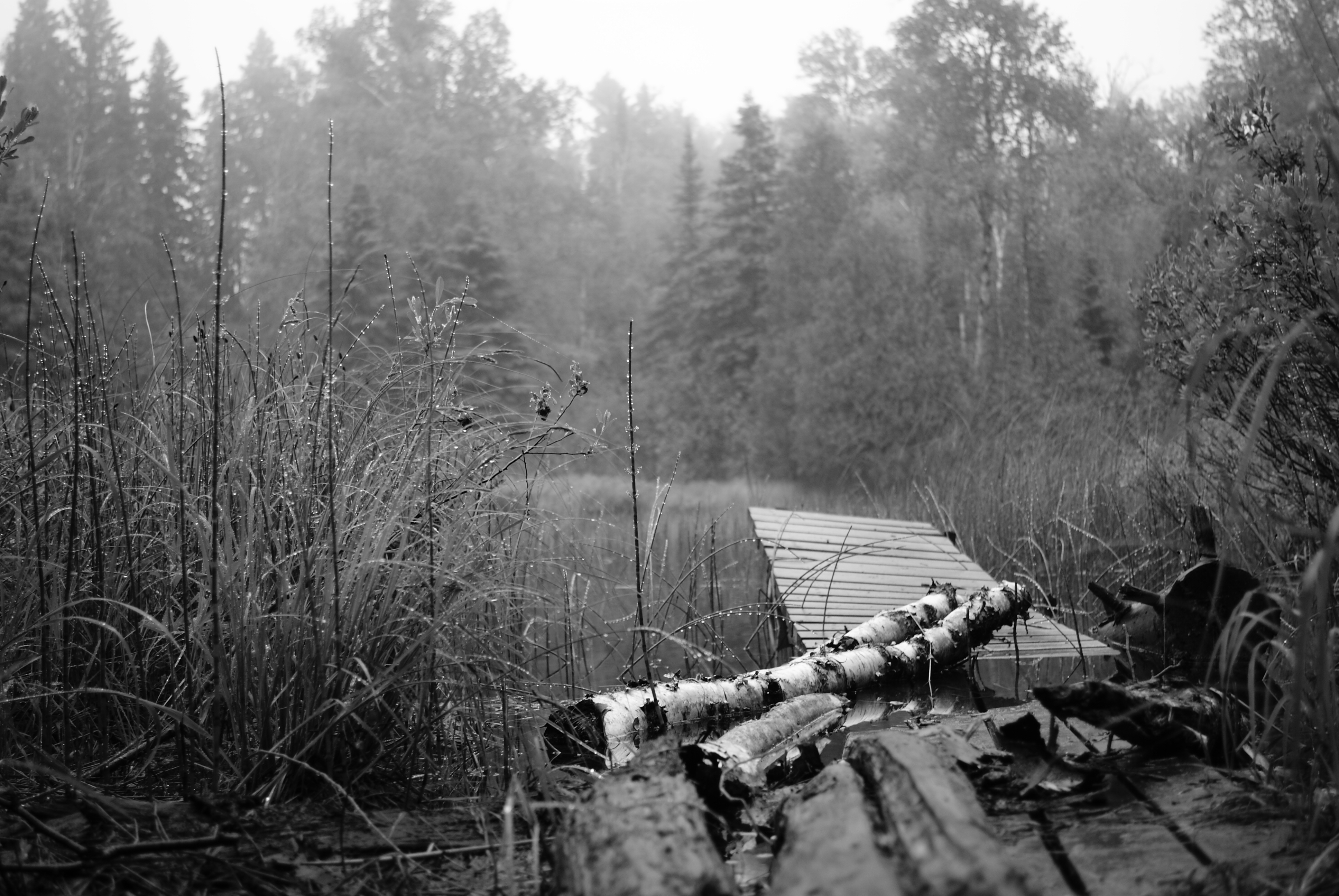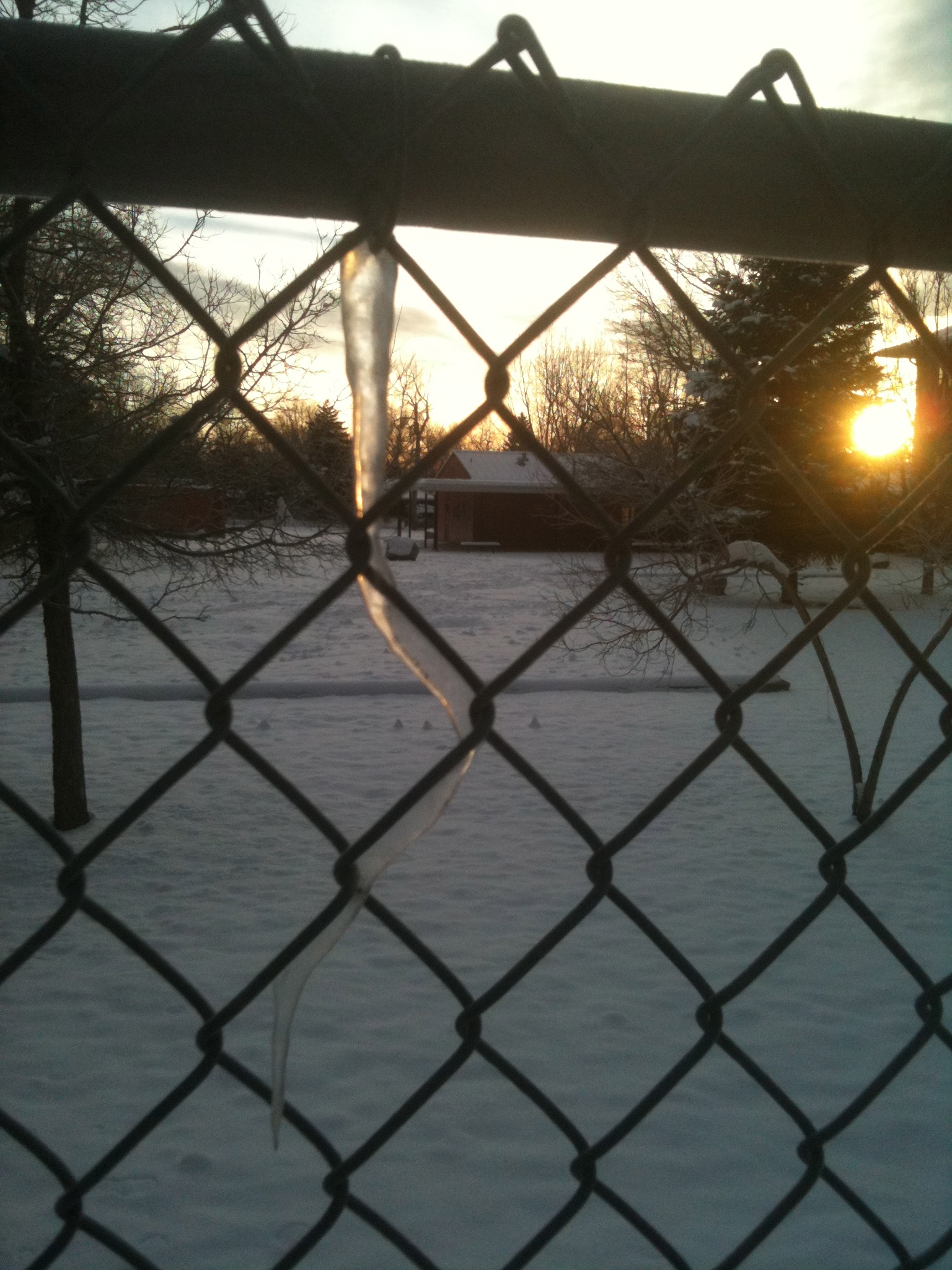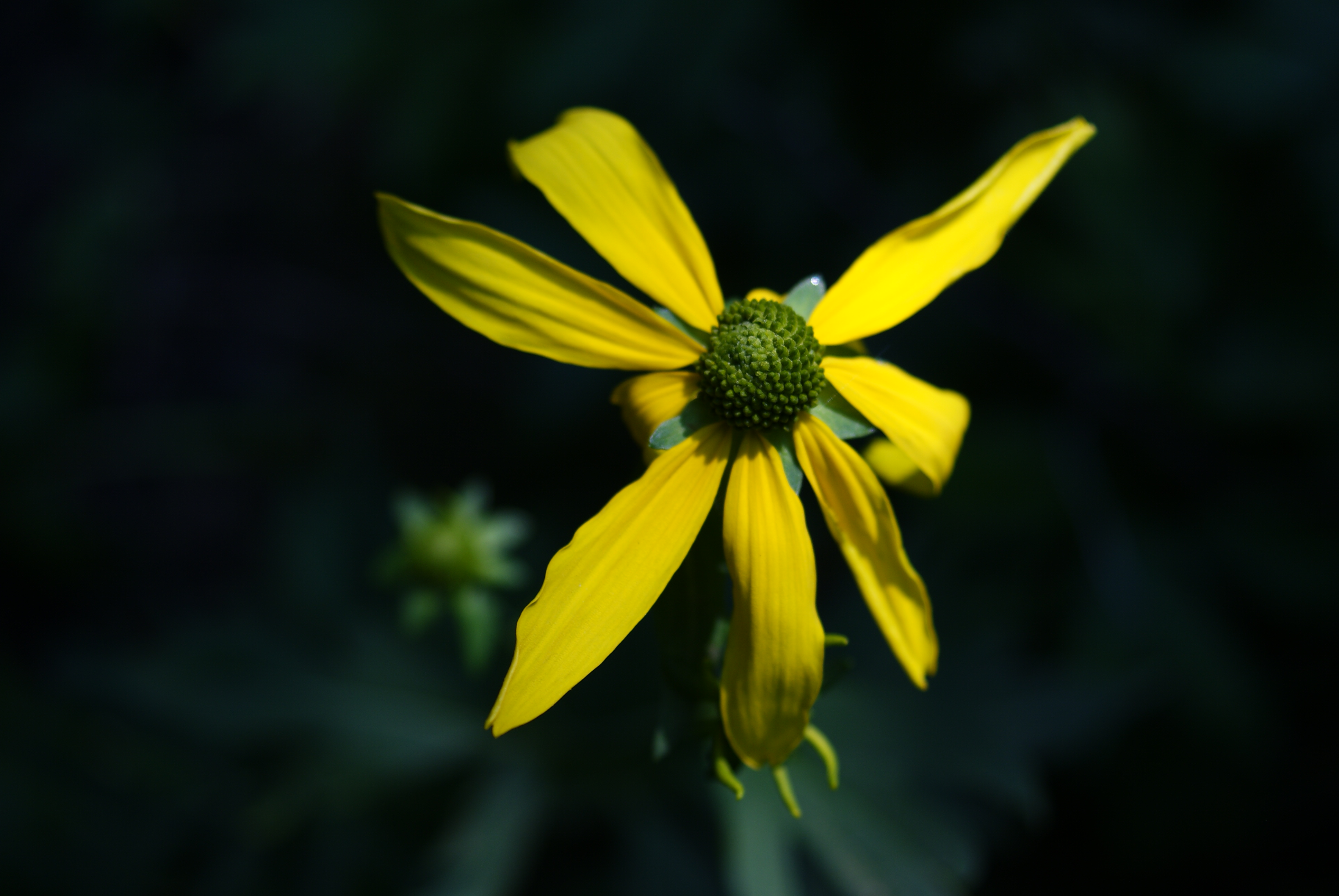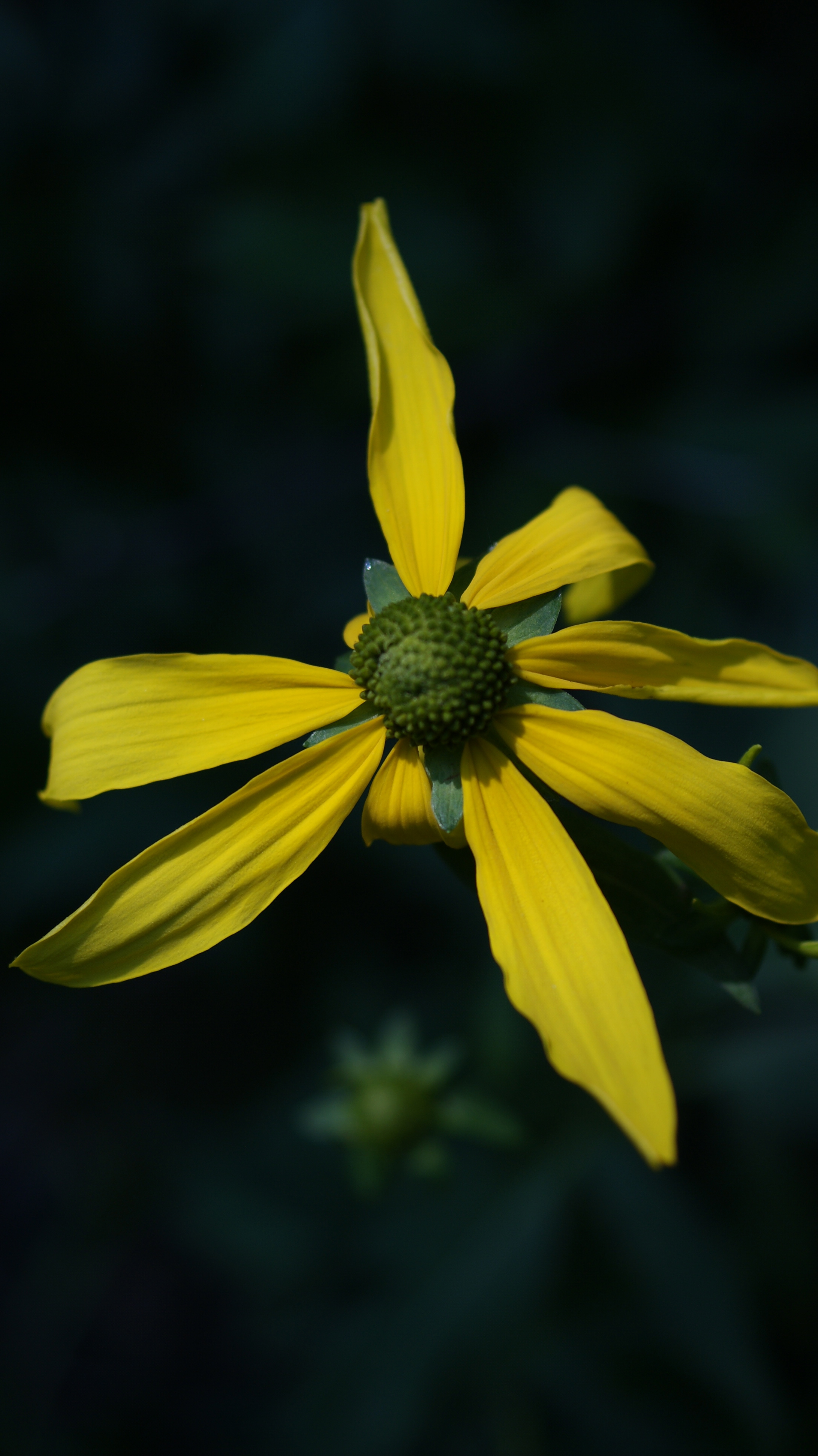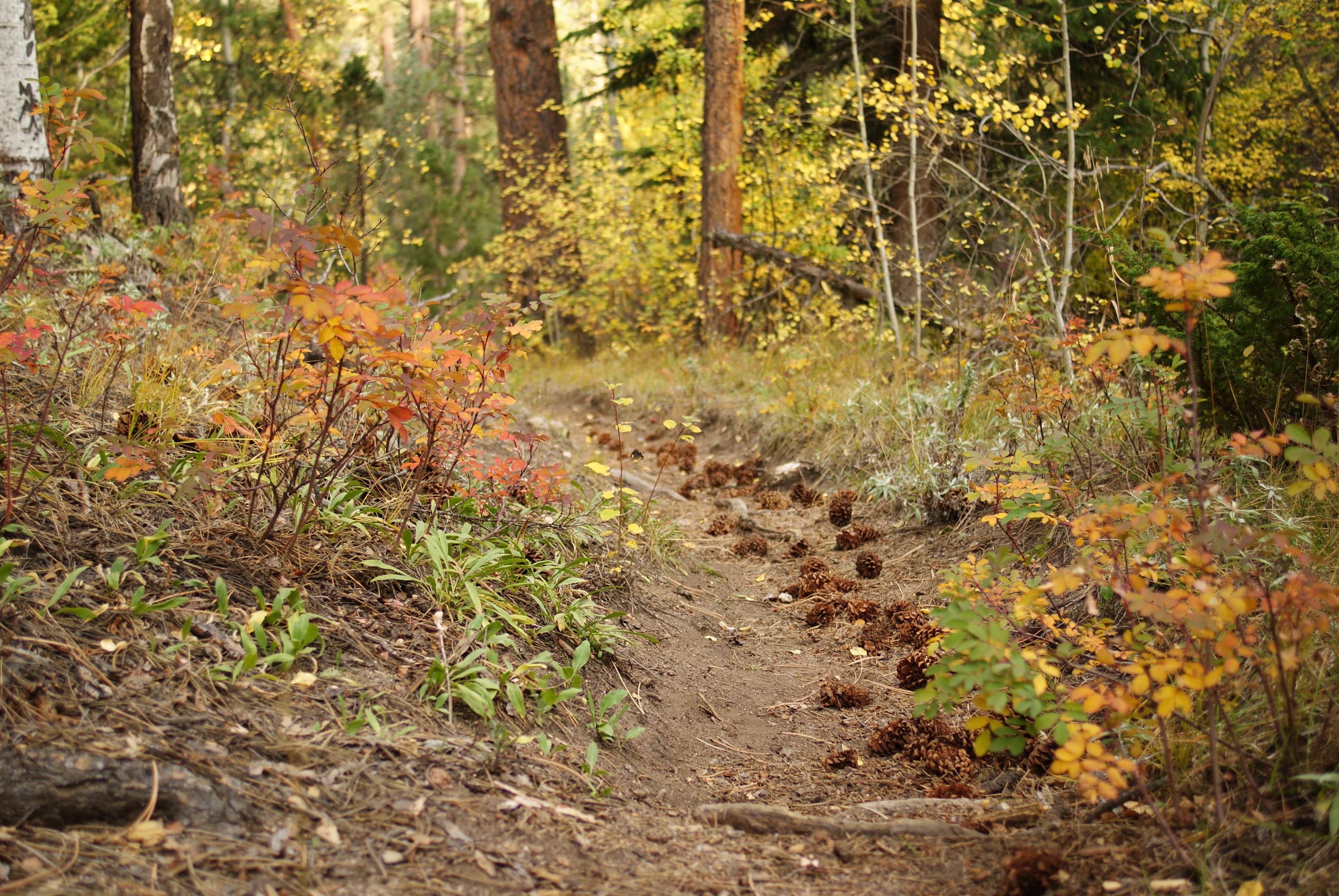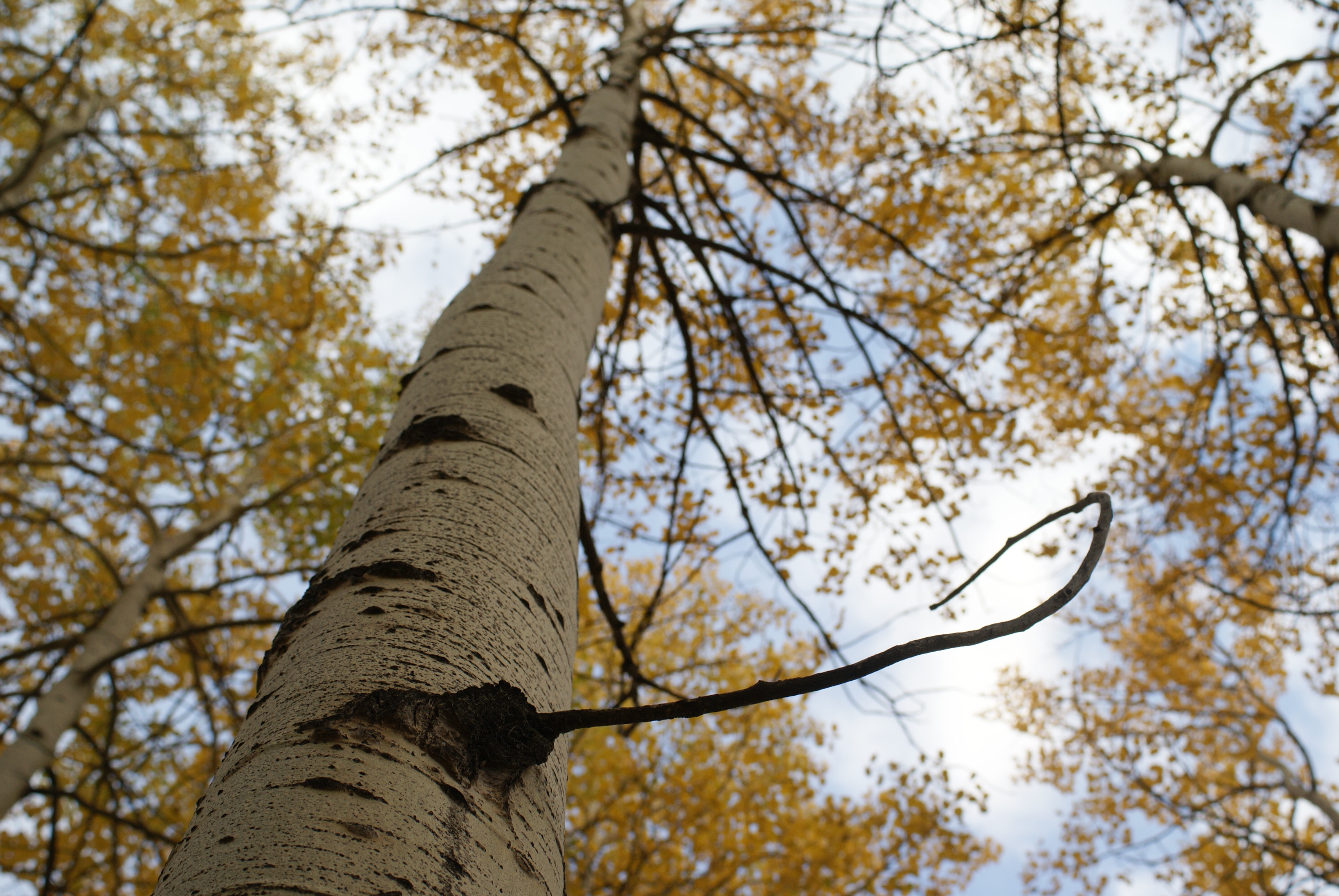Please click here for my Curriculum Vitae.
I received my Ph.D in Sociology from the University of Colorado at Boulder in December of 2012, while also receiving a graduate certificate in Environment, Policy, and Society. I am currently completing the final stages of the Certificate in College Teaching (forthcoming March 2018) from CU.
I am a well-rounded and experienced social researcher, with experience in qualitative interviewing, survey methods, quantitative research, and media analysis. I am also an accomplished communicator and educator in issues of environment, social science and research, energy, and culture, and have teaching experience at a number of universities in the U.S and Canada. I have significant leadership experience in a variety of industries, and am seeking employment in the research, evaluation, and marketing sectors. My dissertation research was focused on the portrayal of renewable energy in mass media news. This is the abstract:
“As climate change has become an increasingly salient topic among policy makers, scientists, politicians, and the public in many nations around the world, various social scientific studies have addressed the way this issue is socially constructed. However, an important component of these constructions that often goes under examined are the social pathways through which possible solutions to climate change, such as renewable energy, are themselves constructed. Considering the contemporary mass print news media’s prodigious ideological influence and the potential value of renewable energy in addressing climate change, investigating the social construction of renewables in the mass media is crucial. In order to address this underdeveloped subfield of the sociology of energy and the environment, I interviewed 23 reporters and performed a critically-informed qualitative frame analysis using 980 news articles from five of the most prominent newspapers in the United States as sources. Utilizing the literatures of environmental sociology, critical theory, critical discourse analysis, communication, social constructionism, and policy studies, this project describes the ways in which large scale economic, technological, and cultural processes and changes have altered newsmaking practices and processes, and how this ultimately results in a narrow set of renewable-source electricity (RSE) frames in the news. Though this incomplete picture of RSE poses significant challenges for the emergence of a more climate-friendly, democratic, and reflexive public energy policy, the changing news production process offers opportunities for positive change.”
Though this project centered on renewable energy in a topical sense, the theoretical and methodological portions of this research were just as valuable in terms of making contributions to their respective literatures. The theoretical moves between framing theory, media theory, discourse theory, and critical theory were not necessarily new on their own, but as a whole, this research presents a fresh combination of central ideas in these literatures and draws a unique path from news production to news consumption. In a methodological sense, I combined framing methods, qualitative methods, and critical discourse analysis in order to answer my research questions in a thorough of manner as possible (a few committee members called the project “ambitious” as I neared my proposal defense) using an approach called “triangulation”, where multiple methods are used in the pursuit of cross-verification, increased validity, and rich data. This pursuit allowed me to speak about the frames in terms of their content, character, and quantity. The framing analysis was aided by this code cloud of my data in Atlas.Ti. In this visualization, group names indicate sources, phrases indicate news article content, and font size indicates frequency of the code:
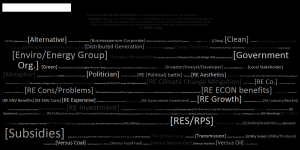
In terms of the broader analysis, the interviews served to contextualize the construction and content of these frames. As a whole, my results are not only topically important, but also speak to the causes and effects of the shifting landscape of newsmaking on the quality and character of the news produced in a general sense. Though I found that the quality of news had decreased since the early 2000’s (as the reporters also described), there is much reason for hope in the changing news landscape, as new practices and technologies emerge from this landscape with the capacity to change news for the better. The most important implication of my research is that looking forward, the most critical part of a positive evolution of news is building reflexivity into news production processes, as well as into future newsmaking research itself.
I am motivated by my belief that more equitable social systems are crucial for the healthy future of our nation and our planet, and that motion in this direction begins with thoughtful research and open, fruitful public discussions. I am also an avid biker and photographer, and a dedicated news hound. My research and hobbies both generally lie at the juncture of nature, culture, and society. I enjoy living in and thinking about the tension between the natural/”unnatural”, traditional/postmodern, and urban/rural, to name a few. For example, my photography often deals with tension and change in an overt fashion. I find that the ability to suggest a certain narrative in a single photograph is immensely powerful and enjoyable, and I typically gravitate toward the natural in my photography because there are so many interesting ways that this tension and change is expressed.
I often find myself getting lost in the exploration of a single tree, flower, or bud. Taking portraits of florae forces me to think about those organisms as individuals, and beings worthy of respect. This type of photography provides a vehicle for those organisms to speak in a way that, hopefully, is unique. My outward aim is to compel others to contemplate the beauty of nature, writ large, by illustrating the immense beauty inherent in the smallest florae that collectively constitute the vast landscapes we often take for granted.
Not only do I really enjoy the practice of signifying nature in this way, I also find the study of the social processes of environmental signification immensely interesting. This allure was the foundation of my dissertation research into renewable energy, and questions about the intersection of the environment, culture, social power, inequality, and mass media drove my research questions–and continue to drive me personally and professionally.
Thanks!
